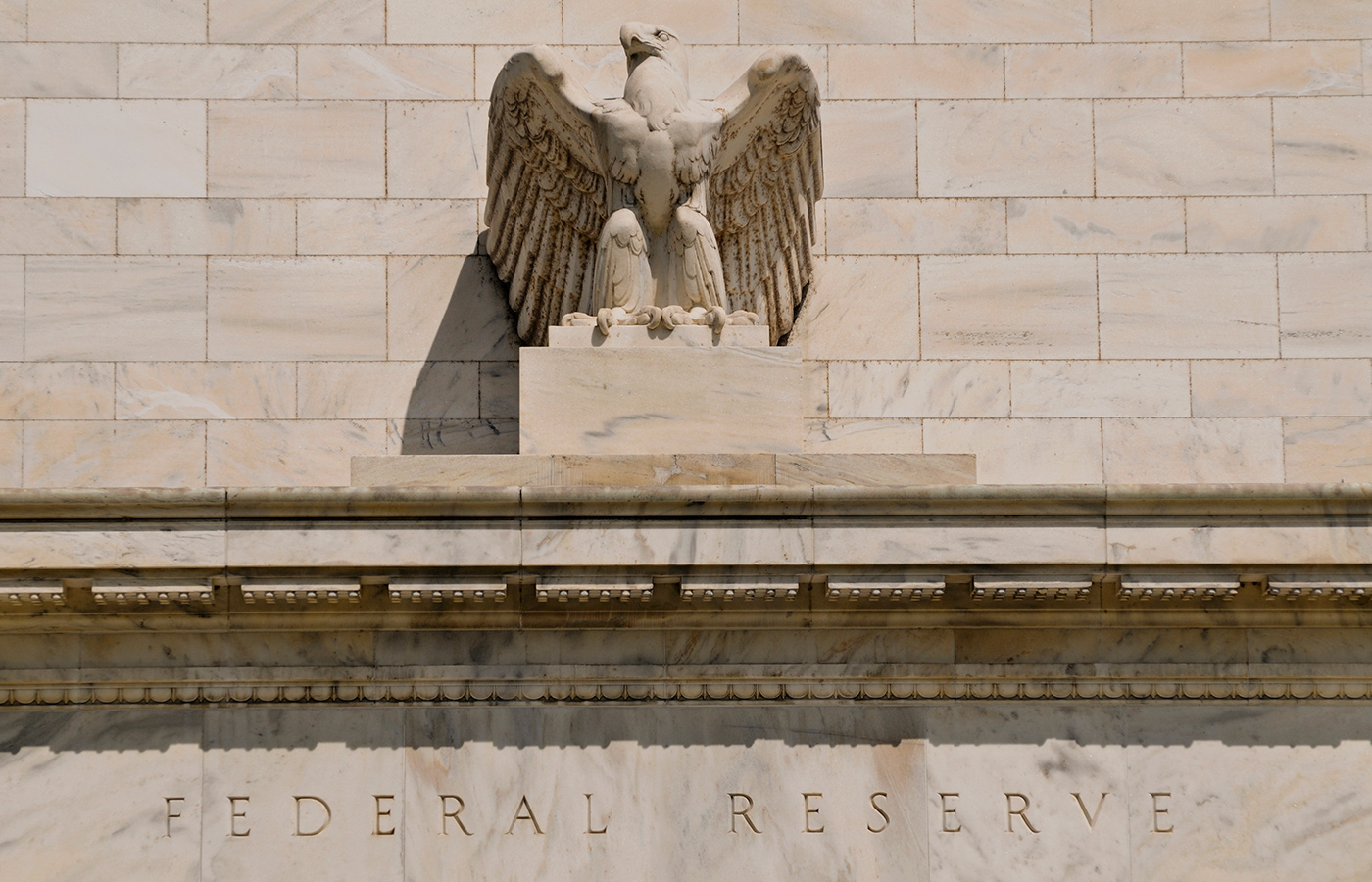
Why Do Investors Care So Much About the Federal Reserve?
The Federal Reserve (Fed) is essential because they manage the supply or availability of money. This is done by setting the level of interest rates, or more simply, the price of money. The Federal Reserve has two mandates, first to achieve maximum employment and second to achieve low and stable inflation. The Fed can raise rates to slow or cool the economy and cut interest rates to provide a boost. Today the Fed finds itself in a quandary. With inflation running about two and a half times the stated 2% inflation target rate, the Fed must raise rates to tighten the money supply and cool the economy. However, keeping rates higher for longer will slow the economy and tip the US into recession which would cause unemployment to rise going against the other Fed mandate of maximum employment.
The Fed has signaled to the market that it plans to increase interest rates until it gets to 5% and then stay there for a longer period of time. However, if you look at the bond market, there is an expectation that the Fed will stop raising rates and actually begin to lower rates by year-end. History suggests that once inflation reaches 8%, the median time for inflation to drop back below 3% is 10 years. There may be a bit of wishful thinking about inflation dropping back below 3% this year.
So, what are the markets saying?
The bond market is telling us to expect a recession and to expect the Fed to cut interest rates this year.
The equity markets in the first few weeks of 2023 are trading as if the Fed is going to tighten financial conditions just enough to reverse inflation but not so much to cause a severe recession (soft-landing). This would require companies to grow earnings in spite of a potential recession and rising costs. Since 1960, there have been nine interest rate tightening cycles with the Fed successfully creating a soft-landing 3 out of 9 times.
It is very likely that the 4.5% increase in rates in 2022 will cause stress to show up in the economy in 2023. Investors should expect more volatility in 2023 in both equity and fixed income markets. Volatility is not all bad, but you must be prepared to take advantage of it when it occurs. We will be focusing on keeping the duration of our portfolios short. Looking for fixed income opportunities in the 3 to 5 year maturities, high quality companies paying sustainable dividends and special situations internationally.
To close, the best-case scenario is inflation is self- depleting, the Fed cuts interest rates and the economy staggers through without a recession. This is a very narrow strip for a soft-landing.
BRM Investment Management (“Massey Romans Capital”) is an investment adviser registered under the Investment Advisers Act of 1940. The information presented in the material is general in nature and is not designed to address your investment objectives, financial situation or particular needs. Prior to making any investment decision, you should assess, or seek advice from a professional regarding whether any particular transaction is relevant or appropriate to your individual circumstances. Although taken from reliable sources, the Firm cannot guarantee the accuracy of the information received from third parties.
The opinions expressed herein are those of the Firm and may not actually come to pass.Author
Paul MasseyRelated posts
Headwinds and Tailwinds
The seasonality of the markets has not disappointed us so far as investors in 20
Productivity Miracle
The US Stock Market, as represented by the S&P500, is trading near an all-ti
Patterns May Expose Opportunities
The Federal Reserve and the Federal Deposit Insurance Corporation (FDIC) have jo


